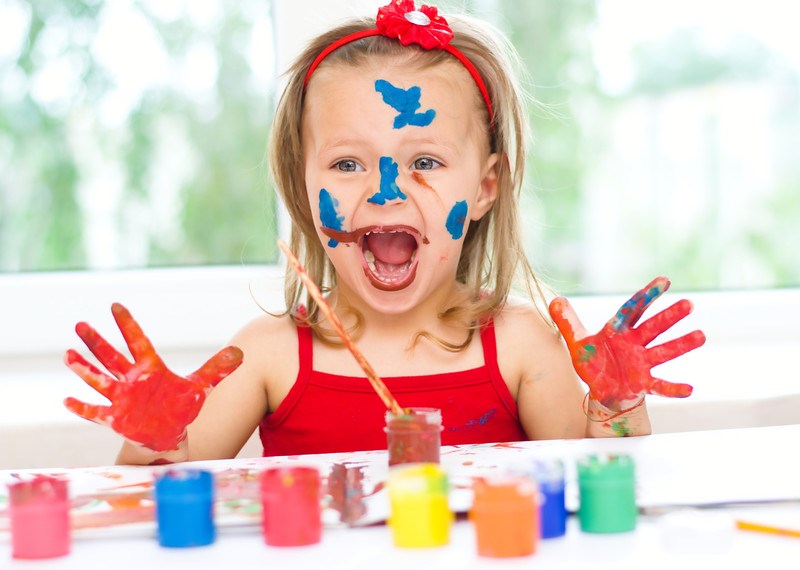On Monday, August 24, thousands of little boys and girls within the Plano Independent School District will be headed to kindergarten. They will walk into very big buildings with principal offices, libraries, cafeterias, classrooms, teachers, and lots of other kids.
If your child is entering one of Plano’s 44 elementary schools, you may be asking yourself, “Is my child ready for this?”
Age is the first determination. A child must be 5 years old by September 1 to begin kindergarten. But age alone is not the only factor. If your child just recently turned 5 or perhaps needs a little more time to mature, take that into consideration. And there are other signs to look for.
Early childhood educators Marti Davis and Dr. Pratiksha Rigley of Primrose Schools, a private preschool that offers educational child care, have great advice for evaluating a child’s readiness. Davis explains, “Physical, social and emotional development are the main things to consider. Look for their ability to follow rules, sit still, and walk in lines without disrupting the other kids. Do they know when to put on their ‘listening ears?’ Can they follow simple directions?”
Davis reports that children who have been enrolled in an educational preschool setting generally have an advantage when it comes to transitioning to elementary school socially and academically. But for anyone, this new adventure can be a bit intimidating. Due to their many years of professional training and experience, Davis and Dr. Rigley know how to prepare children—and parents—for this big day. Here are their tips on how to make a successful, happy transition into kindergarten.
1. Tour the school with your child
“Visit the classroom, meet the teacher, and tour the playground so the places and faces they see on the first day feel familiar and safe,” Dr. Rigley explains. “Afterwards, talk about what both of you saw and how fun the different activities looked. Refer to the teacher by name to help your child think of her as a person you know and trust. Reinforce the idea of school as a safe place to learn and play.” Check dates for Meet the Teacher programs and open houses at your elementary school.
2. Establish a daily routine
Consistently begin morning activities at the same time every day. Don’t wait until school begins—start at least two weeks before the first day and continue the routine throughout the year. Nighttime routines are just as important. Try making it a habit to pack book bags, complete homework, and pick out the next day’s clothes in the evening to avoid morning mayhem.
3. Prepare for separation in increments
Before leaving your child at school for the first time, have him or her stay with a grandparent or babysitter for increasingly long periods of time. This will teach your child to trust that you will always return. Talk to your children about school and help them visualize what the day’s activities are likely to be.
4. Read, read, and read some more
According to the Barbara Bush Foundation for Family Literacy, reading aloud is recognized by experts as the single most important activity parents can engage in to develop strong language skills in their children. So read to them often. And now, take this opportunity to read books about starting school and becoming more independent. Such books can offer your child some insight into what school will be like, and these books might open the door to discussions about any concerns your child may have.
5. Involve your child
Involve your child in the shopping of school supplies and other preparatory activities. Children love shopping for school supplies. Give your child the opportunity to pick out a few items he or she likes to provide a sense of ownership and responsibility in the decision-making process.
6. Quickly say goodbye and promise to come back
Dr. Rigley said, “Give a quick kiss and hug, cheerfully say goodbye, and promise to return later. Be cheerful when you drop off and pick up. It’s amazing how much children feed off their parents’ emotions.” Take heart, they will adjust Davis said that parents often lament when their children must leave the comfortable, familiar surroundings of their Primrose preschool to enter elementary school. But she responds with confidence: “We tell them their child is just going to another building. Your child knows how to act and what to do.” That is always reassuring for the parents to hear.
Have a great new school year!




